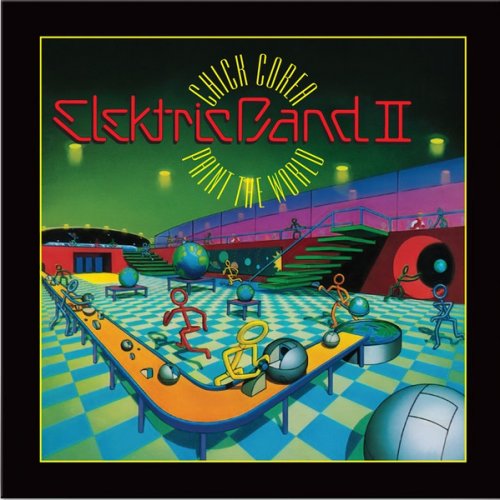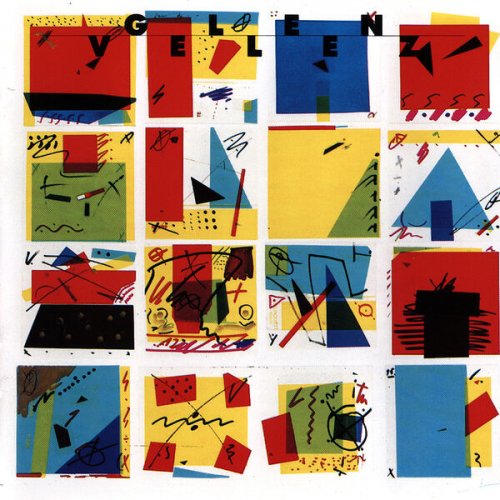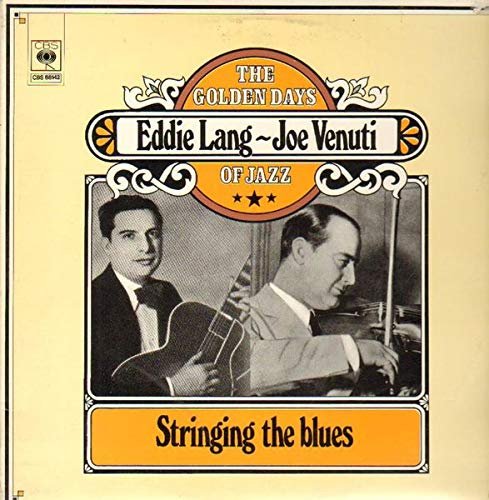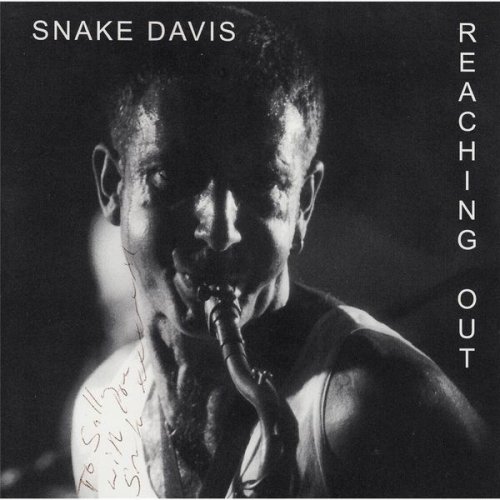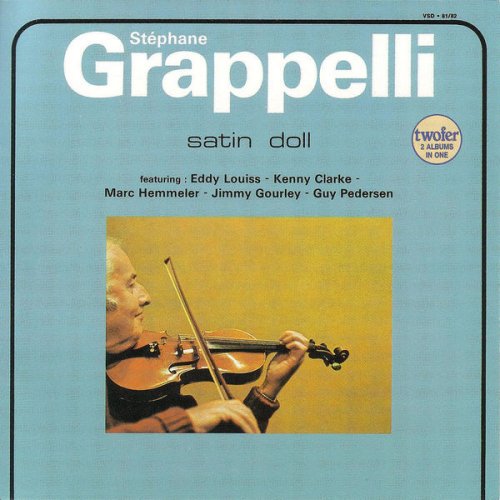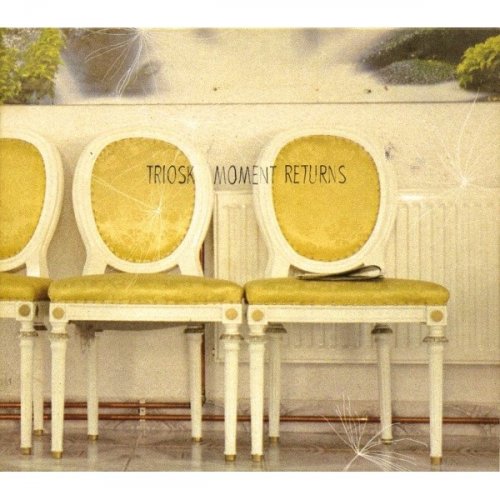Keller Quartet - Bartok - The 6 String Quartets (2002)
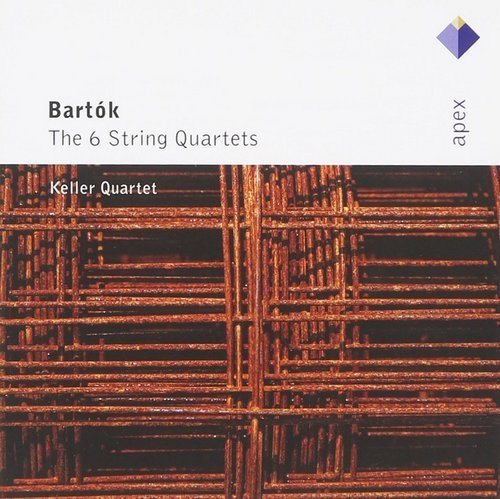
Artist: Keller Quartet
Title: Bartok - The 6 String Quartets
Year Of Release: 2002
Label: Apex
Genre: Classical
Quality: FLAC (image+.cue,log)
Total Time: 149:25
Total Size: 708 Mb
WebSite: Album Preview
Tracklist: Title: Bartok - The 6 String Quartets
Year Of Release: 2002
Label: Apex
Genre: Classical
Quality: FLAC (image+.cue,log)
Total Time: 149:25
Total Size: 708 Mb
WebSite: Album Preview
CD 1:
String Quartet No.1, Op.7 (1908-1909) [29:07]
String Quartet No.2, Op.17 (1915-1917) [25:23]
String Quartet No.4 (1928) [21:54]
CD 2:
String Quartet No.3 (1927) [14:58]
String Quartet No.5 (1934) [28:17]
String Quartet No.6 (1939) [28:17]
Performers:
Keller Quartet:
Andras Keller (violin I)
Janos Pilz (violin II)
Zoltan Gal (viola)
Otto Kertesz (cello)
Béla Bartók's six string quartets cover a *lot* of musical ground, drawing on the whole tradition to that point and then ushering in some innovations unique to this great Hungarian composer. This budget-priced Apex reissue of the early 1990s Keller Quartet recording (originally on an Erato disc) is a fine way to get acquainted with this repertoire.
The String Quartet No. 1 (1909) is the most indebted to tradition. One doesn't yet distinguish Bartók's individual voice, but this nonetheless appeals to that side of me that enjoys the string quartets of Holmboe and Sibelius. The Second (1915-17) opens with lush textures that show inspiration from French music of the early 20th century. The second movement introduces another new aspect of Bartok's music that was to have a more lasting impact, namely rousing folk music.
With the Third (1927) we finally encounter Bártok as high modernist, with an unusual form compressed into a single unbroken movement (though divided on this CD into three tracks) . The Fourth (1928) and Fifth (1934) are both cast in symmetrical five-movement shapes and feature passages of Bartók's eerie "night music" as well as some rousing Eastern European dance rhythms. Finally, the Sixth (1939) is a mainly mournful work -- each of its four movements begin with the indication "Mesto" and the fourth is entirely so.
Bartók's string quartets are justly celebrated for their balance and their innovative but never gratuitous use of extended instrumental techniques. I've always thought it intriguing how a composer could make use of folk music, the most widely accessible of all music, and pursue an uncompromising modernist style in the same work. Plenty have done it since, but Bartók was first.
The Keller Quartet were, at the time of this recording, András Keller and János Pilz (violins), Zoltán Gál (viola) and Ottó Kertész (cello). They inherit a long Hungarian tradition of performance and were coached in these string quartets by the venerable old Sándor Vegh, who worked with Bartók in the premiere of the Fifth and recorded these works with his own quartet. Why there are so few reviews for the Keller Quartet's confident, muscular performance is beyond me.
The String Quartet No. 1 (1909) is the most indebted to tradition. One doesn't yet distinguish Bartók's individual voice, but this nonetheless appeals to that side of me that enjoys the string quartets of Holmboe and Sibelius. The Second (1915-17) opens with lush textures that show inspiration from French music of the early 20th century. The second movement introduces another new aspect of Bartok's music that was to have a more lasting impact, namely rousing folk music.
With the Third (1927) we finally encounter Bártok as high modernist, with an unusual form compressed into a single unbroken movement (though divided on this CD into three tracks) . The Fourth (1928) and Fifth (1934) are both cast in symmetrical five-movement shapes and feature passages of Bartók's eerie "night music" as well as some rousing Eastern European dance rhythms. Finally, the Sixth (1939) is a mainly mournful work -- each of its four movements begin with the indication "Mesto" and the fourth is entirely so.
Bartók's string quartets are justly celebrated for their balance and their innovative but never gratuitous use of extended instrumental techniques. I've always thought it intriguing how a composer could make use of folk music, the most widely accessible of all music, and pursue an uncompromising modernist style in the same work. Plenty have done it since, but Bartók was first.
The Keller Quartet were, at the time of this recording, András Keller and János Pilz (violins), Zoltán Gál (viola) and Ottó Kertész (cello). They inherit a long Hungarian tradition of performance and were coached in these string quartets by the venerable old Sándor Vegh, who worked with Bartók in the premiere of the Fifth and recorded these works with his own quartet. Why there are so few reviews for the Keller Quartet's confident, muscular performance is beyond me.
